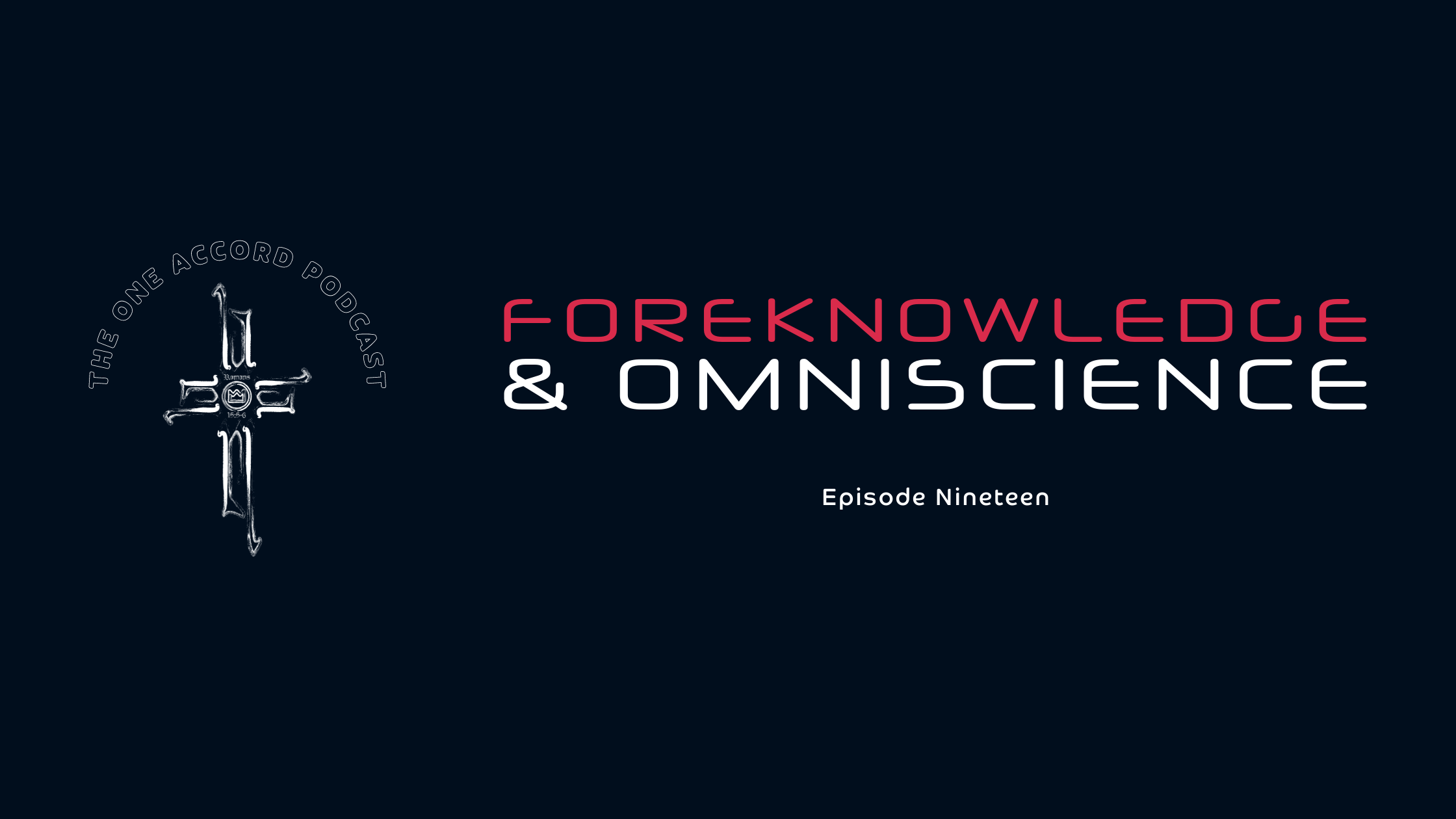Divine Foreknowledge & Omniscience
What does God know, how does He know it, and when does He know it?
Let’s dig in.
Key Takeaways
There are extreme views on divine foreknowledge, including the belief that God predetermined everything and the belief that God does not have rigid control over the universe.
A balanced view attempts to reconcile God's sovereignty and human free will while maintaining God's perfect omniscience.
Passages in the Bible suggest that there may be a faster pathway to God's purposes and that human choices can impact the timing of certain events.
The tension between God's sovereignty and human freedom is a complex topic that requires careful examination of biblical passages and theological concepts. Foreknowledge and omniscience are complex concepts that require careful examination and definition.
The relational aspect of foreknowledge is important to consider when discussing God's knowledge.
The eternality of God's knowledge and his existence outside of time present challenges in understanding his foreknowledge.
The definition of knowledge as justified true belief provides a framework for understanding God's knowledge and human knowledge. God's foreknowledge is relational and informational, not necessarily eternal.
The meaning of 'foreknowledge' in specific biblical passages should be understood in context.
God's foreknowledge is about entering into a covenant relationship with believers, not predestining individuals.

